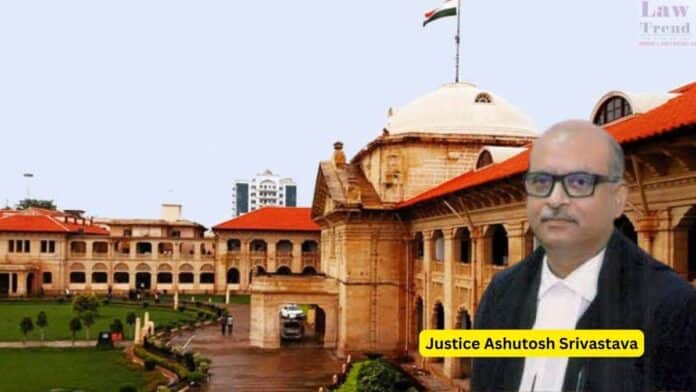The Allahabad High Court has ruled that the Rent Authority established under the Uttar Pradesh Regulation of Urban Premises Tenancy Act, 2021 (UP Act No. 16 of 2021) is not bound by the provisions of the Code of Civil Procedure, 1908, and has the power to regulate its own procedure. This significant judgment was delivered
To Read More Please Subscribe to VIP Membership for Unlimited Access to All the Articles, Download Available Copies of Judgments/Order, Acess to Central/State Bare Acts, Advertisement Free Content, Access to More than 4000 Legal Drafts( Readymade Editable Formats of Suits, Petitions, Writs, Legal Notices, Divorce Petitions, 138 Notices, Bail Applications etc.) in Hindi and English.




